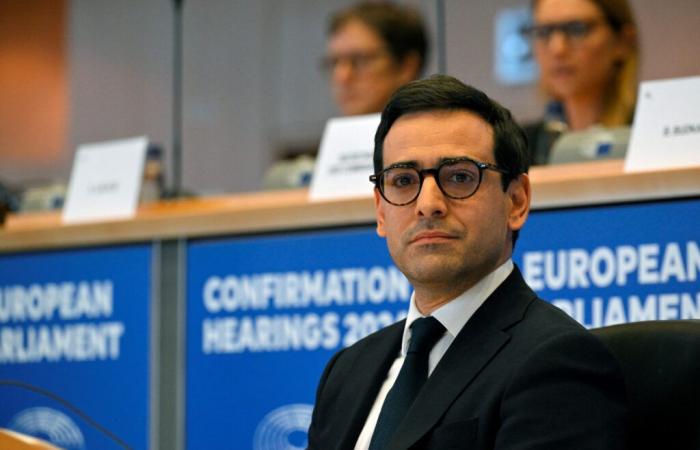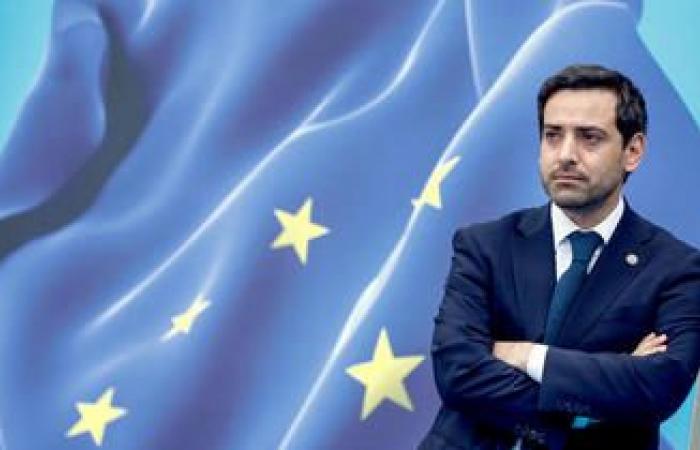Hearing this Tuesday at the European Parliament in Brussels, Stéphane Séjourné, who hopes to obtain the approval of MEPs to be inducted as European Commissioner for Industrial Strategy, promised a plan to “accelerate demand” for electric vehicles.
This is, perhaps, the announcement of the day that is attracting the most attention in Brussels. Aspiring to the post of European Commissioner for Industrial Strategy, Stéphane Séjourné was questioned for three hours, this Tuesday, November 12, by MEPs who are members of the International Trade, Social Affairs, Budgets and Legal Affairs committees.
While the appointment of Emmanuel Macron's former Minister of Foreign Affairs was, in the evening, still awaiting approval, or rejection, by a two-thirds vote of parliamentarians, a declaration concerning the automobile sector, made during his grand oral, was particularly commented on.
Thus, at a time when many European manufacturers are facing a significant drop in sales of electric vehicles, the sector is asking the Commission for more flexibility, on the one hand on the potential fines that manufacturers could face if they do not reach not the emissions reduction targets next year and, on the other hand, in the application of the ban on the sale of new thermal vehicles, currently set for 2035.
A plan to put in place “quickly”
“I have a plan to be able to accelerate the demand for vehicles, particularly for electric vehicles, in the coming months. It will have to be put in place fairly quickly,” replied the French candidate to the MEPs who questioned him on the subject, without however making a clear decision on a possible suspension of sanctions, although recently requested by the French Minister of Defense. Economy Antoine Armand.
“There is predictability”, “there is still one year before the review clause and eleven years before 2035”, he simply indicated, believing that “we can succeed”, in “avoiding” the fines in 2025 “by going further in sales of electric cars”.
Concretely, for each car sold in the European Union, manufacturers must comply with an annual average of pollutant emissions. Mechanically, this pushed them to sell more vehicles that were less and less polluting. But the erosion of sales of electric vehicles has disrupted their plans, pushing some of them to call for urgent measures.
From a strictly political point of view, in Brussels, many MEPs, especially on the right, echoed this anxiety of the manufacturers, and at a time when its confirmation still remained pending the vote of parliamentarians, by engaging on one level, Stéphane Séjourné could, perhaps, have gained a few points in his favor.







